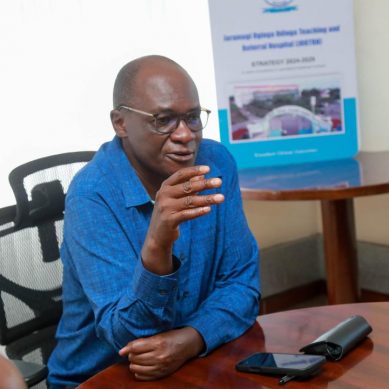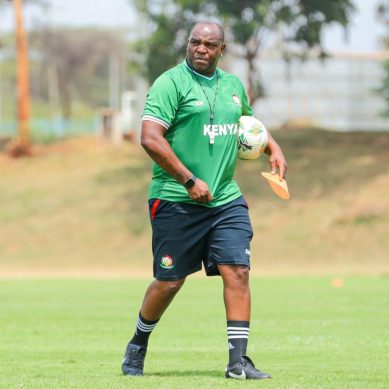
National Syndemic Disease Control Council (NSDCC) is intensifying its awareness creation to reduce the risk of HIV/AIDS and hepatitis infections among People Who Inject Drugs (PWID).
As part of this initiative, the NSDCC is targeting PWIDs as Prevention Champions and change agents at community level through a peer-to-peer approach.
Former or recovering PWIDs will be equipped with knowledge about HIV and hepatitis transmission, harm reduction strategies and how to access healthcare services. The initiative also seeks to reduce stigma by fostering sustainable community change.
According to the NSDCC, Mombasa County has made notable progress in curbing new infections, recording a 65 per cent reduction in new HIV cases-from 1,778 in 2013 to 631 (515 adults and 117 children) in 2023.
Data also shows that 52,276 people (50,916 adults and 1,360 children) in the county are currently on antiretroviral therapy, reflecting a 96 per cent treatment coverage as of 2023.
Speaking at a consultative meeting on engaging PWIDs as prevention champions, Mombasa County Commissioner Mohamed Noor acknowledged that PWIDs are often overlooked. He observed that through awareness, empowerment and compassion, opportunities for healing and positive change can be created.
He urged PWIDs not to isolate themselves due to stigma, instead step forward and educate their peers on overcoming addiction.
“We want them to have a meaningful role in society and not be discriminated against. As a government, we are committed to supporting them as champions of change,” Noor said.
He added that the government would support PWIDs in their recovery journey, stressing that they are not enemies of the state but individuals deserving of a second chance to become responsible and productive citizens.
“This issue cannot be tackled in isolation. We need a whole-of-society approach involving the state, non-state actors, communities, families, faith-based organisations, health practitioners and peer networks working together in a coordinated and compassionate way,” he added.
Dr Saumu Wayuwa from the Mombasa County Department of Health highlighted the role of Methadone Assisted Therapy (MAT) programmes in supporting PWIDs to overcome addiction.
Through this engagement, she said that the programme will produce champions who were addicts but have recovered to educate other PWIDs on the effects of drug and substance abuse.
Dr Wayuwa called for concerted efforts by partners to ensure the youths are empowered through integration into society and are enrolled in vocational institutions to gain skills.
Network of People Living with HIV/AIDS in Kenya (NEPHAK) Chairman Jectone Chilo noted that PWIDs are at a high risk of contracting HIV.
“We promote community champions since it’s important for a person to change their behaviours as it would make it easier for them to assist others,” said Chilo.
“We are going to use behavioural interventions, birds of the same feather flock together. If we empower these champions, they will reach out to their friends in the dens to also get treatment to reduce the chances of HIV infections,” he added.
Musa Ali, a former addict and now a drug champion, shared his success in helping more than 250 youths break free from drug and substance abuse. Today, many of them are productive members of society, he said.
Ali actively promotes prevention in schools and communities and provides referrals to rehabilitation facilities.
- A Tell Media / KNA report / By Sadik Hassan







